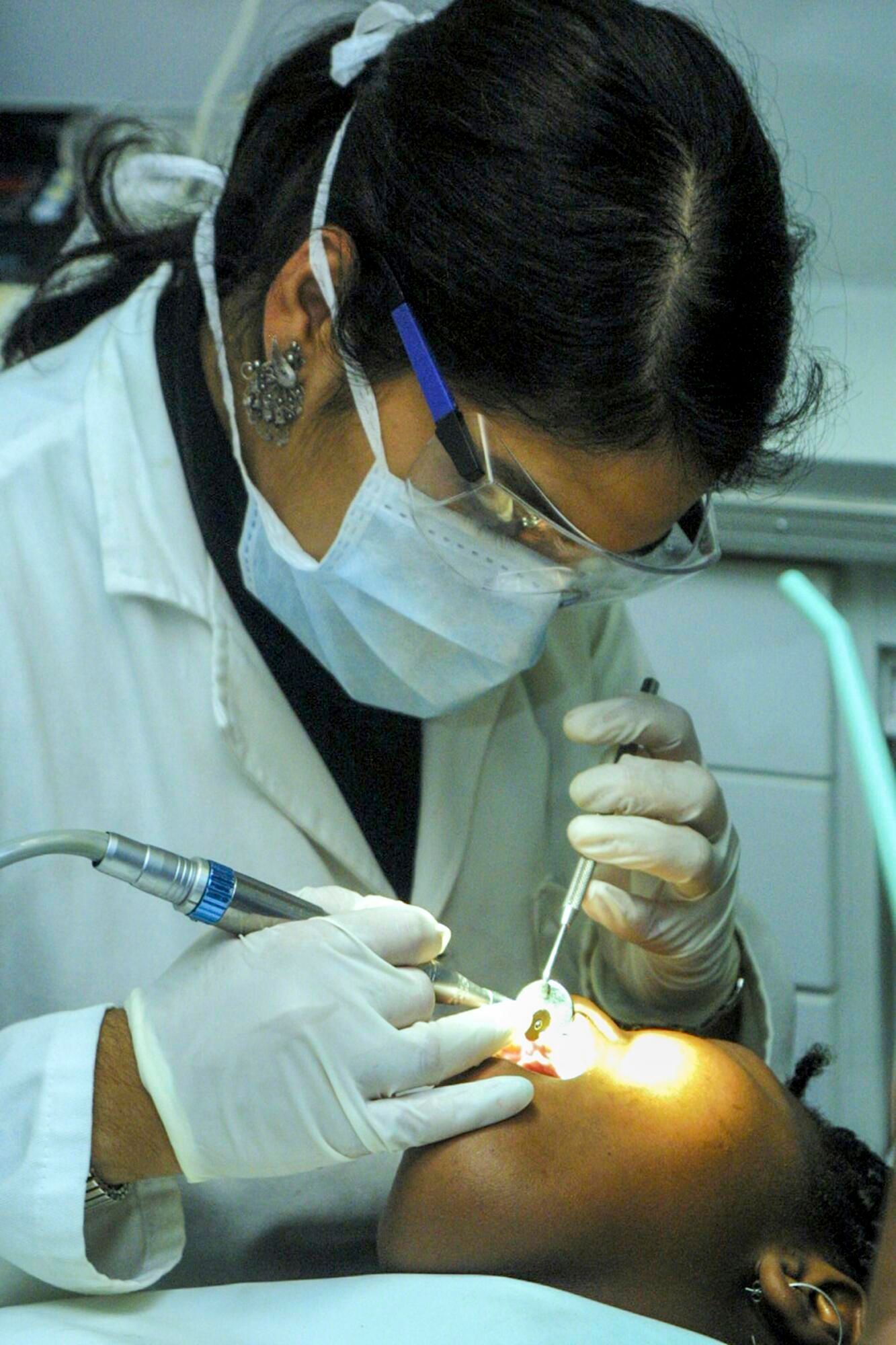Did you know that as many as 85% of people in the United States need to have their wisdom teeth extracted at some point in their lives? Wisdom teeth removal can sound scary, but in reality, it is a very straightforward procedure, and there's nothing to be worried about. But what should you expect if you need to get your wisdom teeth removed from your oral surgeon in Lutz, FL?
Keep reading and learn more about wisdom teeth removal, why it might be necessary, and what the procedure consists of.
What You Need to Know About Wisdom Teeth Removal
Many thousands of years ago, wisdom teeth actually used to be useful. This is because, back then, humans had larger mouths and stronger jaws. This was important because early humans had to rip apart tough and unprocessed food with nothing but the strength of their teeth and jaws.
Wisdom teeth used to be helpful for that purpose. However, after many thousands of years, humans started to eat softer and more processed foods. As a result, humans evolved to have smaller and slightly weaker jaws.
Because our jaws are smaller than ever before, most people don't have enough room in their mouths for their wisdom teeth to erupt properly. As a result, wisdom teeth are usually more of a burden than a benefit for most people. This is why so many people have to get them extracted.
Wisdom teeth can cause a variety of problems, and it almost always has to do with how they erupt. Wisdom teeth can sometimes come in sideways, which of course, won't be very helpful in terms of chewing food. Besides that, wisdom teeth can sometimes become impacted.
This means that as the wisdom tooth was trying to erupt through the gum line, it instead ran into a nearby molar and became stuck. When a wisdom tooth becomes impacted, it can cause a lot of pain, swelling, and even a serious infection known as an abscess.
The Details
When left untreated, that infection can spread to the rest of your teeth and even cause your teeth to fall out.
Or, on the other hand, the infection could spread to the rest of your body, where it could potentially be fatal. Besides problems with wisdom tooth eruption, these teeth can also cause problems with dental hygiene. This is because it is often hard for people to clean back there with a toothbrush or floss.
As a result, your wisdom teeth may become a magnet for food particles, bacteria, plaque, and other nasty stuff. This, of course, would cause your wisdom teeth today and be filled with cavities. This could then affect your nearby teeth and, in some cases, an infection may take hold.
For that reason, most people end up getting their wisdom teeth removed even if they erupted just fine. Wisdom teeth, in general, are not great to have since they can cause so many problems, even several years after they erupt. But what should you expect from the wisdom tooth removal procedure?
Understanding the Wisdom Tooth Extraction Procedure
There are two types of extractions: a simple extraction and a surgical extraction. A simple extraction is, indeed, simple. An ordinary dentist can do this, and most of the time, the tooth has already erupted or mostly erupted, so it is easy to cut into the gums and remove the tooth without any issues.
In the case of surgical extraction, the process is a bit more complicated. This may be because the tooth has not broken the surface of the gumline at all or because it is impacted into the jaw bone or involved with important nerves in the jaw. Whatever the case, this is usually a job for an oral surgeon, and you will need to be rendered unconscious with general anesthesia.
A surgical extraction tends to take a longer period of time to perform because it is a more involved and delicate procedure. During a simple extraction, general anesthesia is not used but instead, a local anesthetic or IV sedation. All the dentist really needs to do is free the wisdom tooth from the gumline and the jawbone.
What You Need to Know
The dentist cuts into the gums to do this and then uses a special tool to remove the tooth from its resting place. Since you will be sedated for this, you should not feel anything except some pressure and tugging. Once the tooth is removed, the dentist will sew up the gums and pack the area with plenty of gauze to stop the bleeding.
After the procedure, you will be too woozy to drive yourself home, so it is important to have someone on hand to do that for you. Also, for the first week of recovery, you should be very careful with your dental health to make sure that your mouth heals properly. You should only eat soft and cold food and use an ice pack to help reduce the swelling and pain.
Don't brush the affected area with a toothbrush, but instead use mouthwash to keep your mouth clean. For the pain, your dentist may prescribe you some pain medication for the first few days of recovery to make the process easier and more comfortable for you. After a week, your mouth should be mostly healed.
All About Wisdom Teeth Removal
Wisdom teeth removal is an important procedure that many people need to go through. By removing your wisdom teeth, you won't have to deal with whatever pain or other problems those teeth might be causing you.
To learn more about the procedure, click here.




